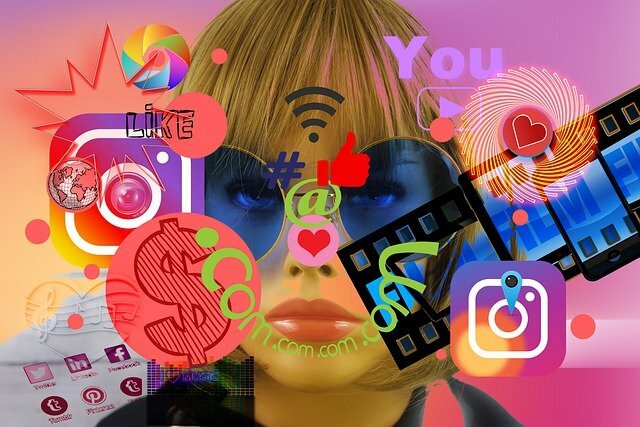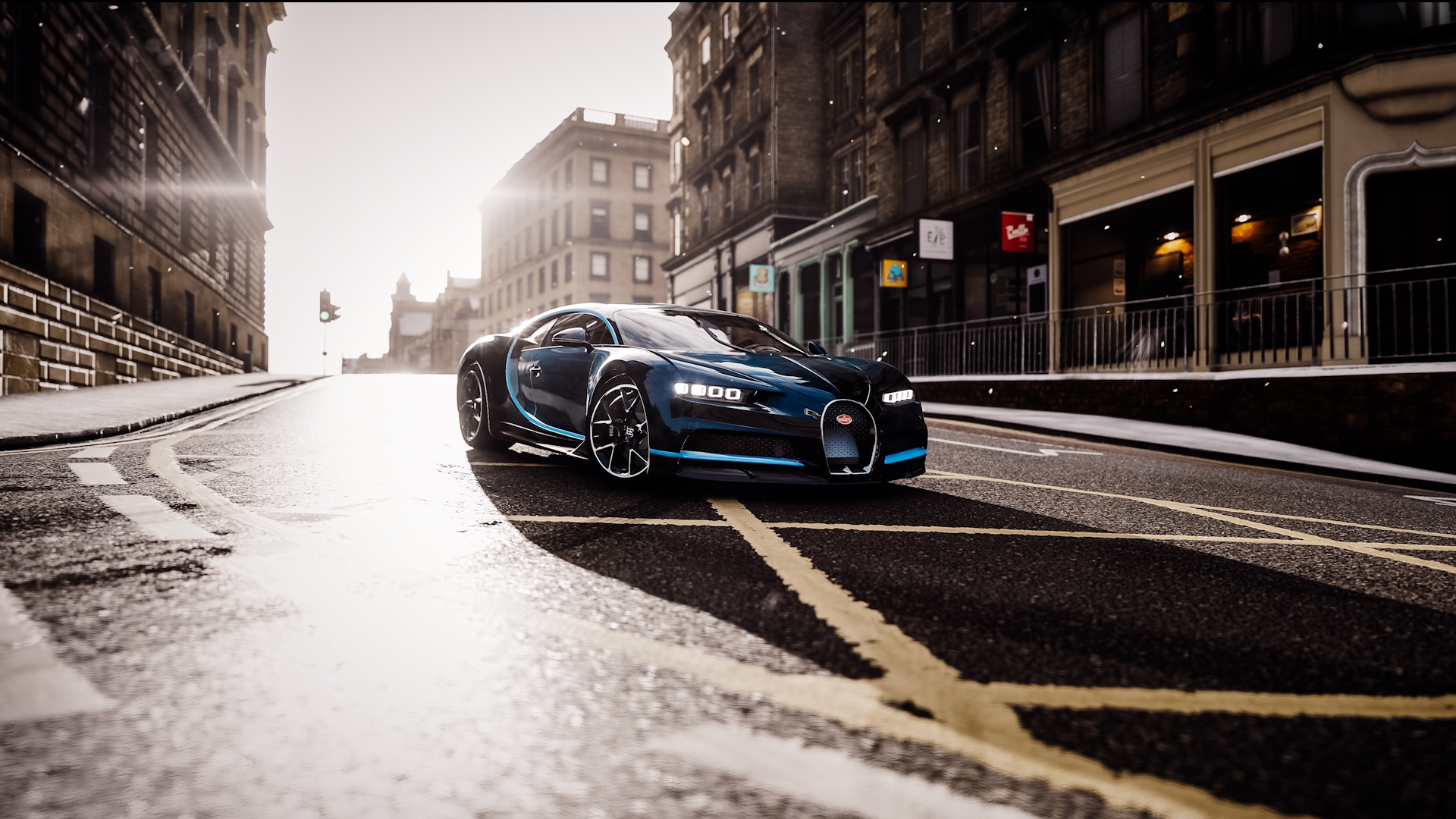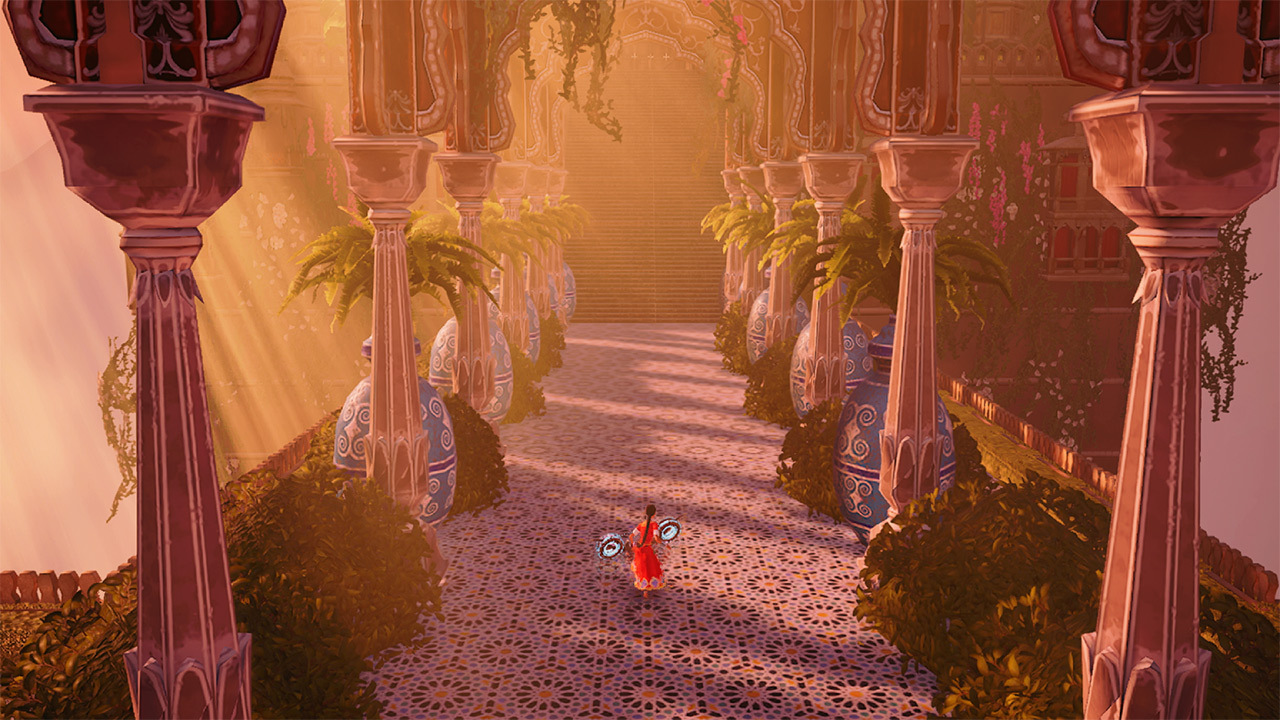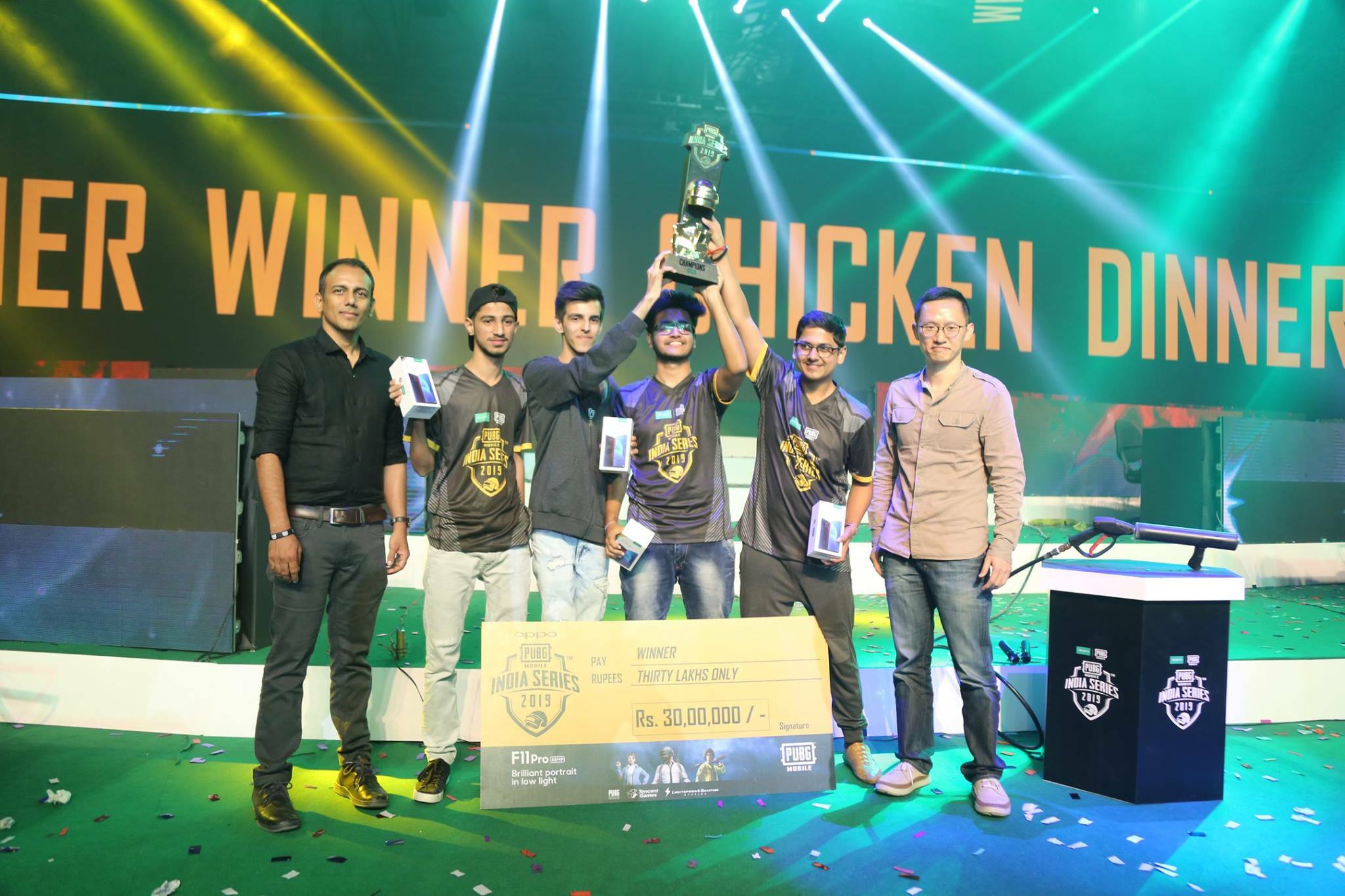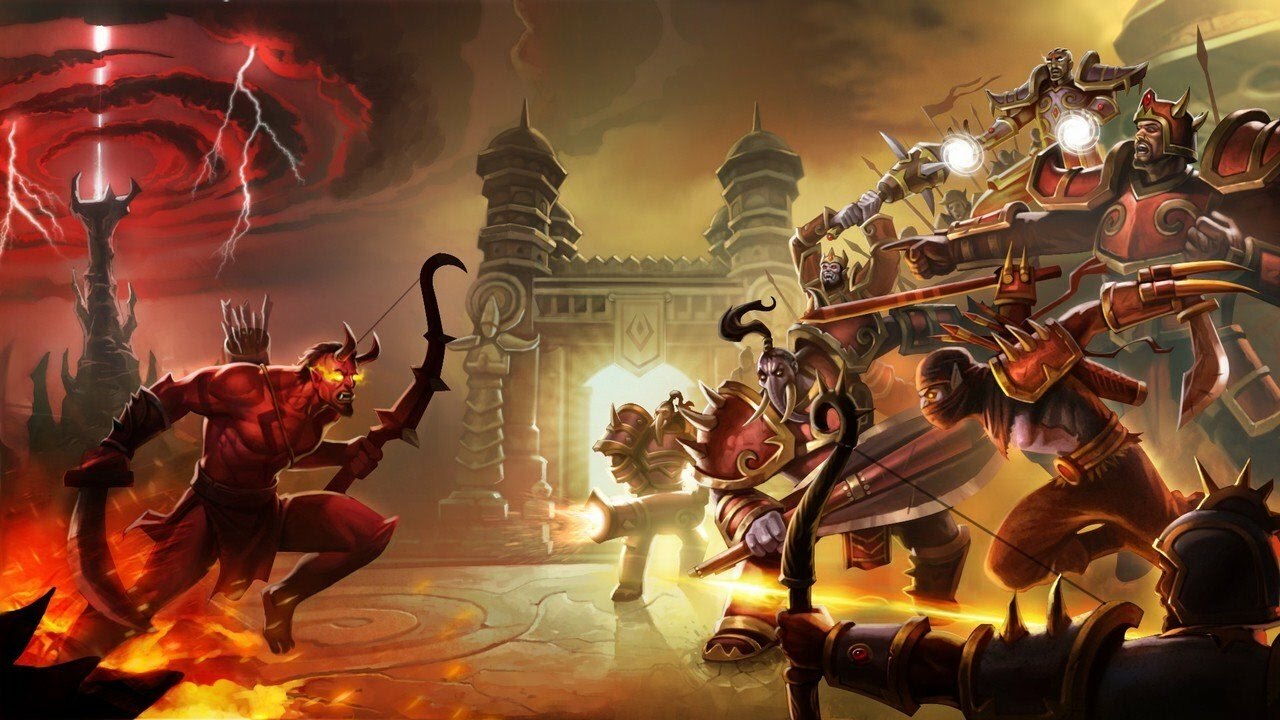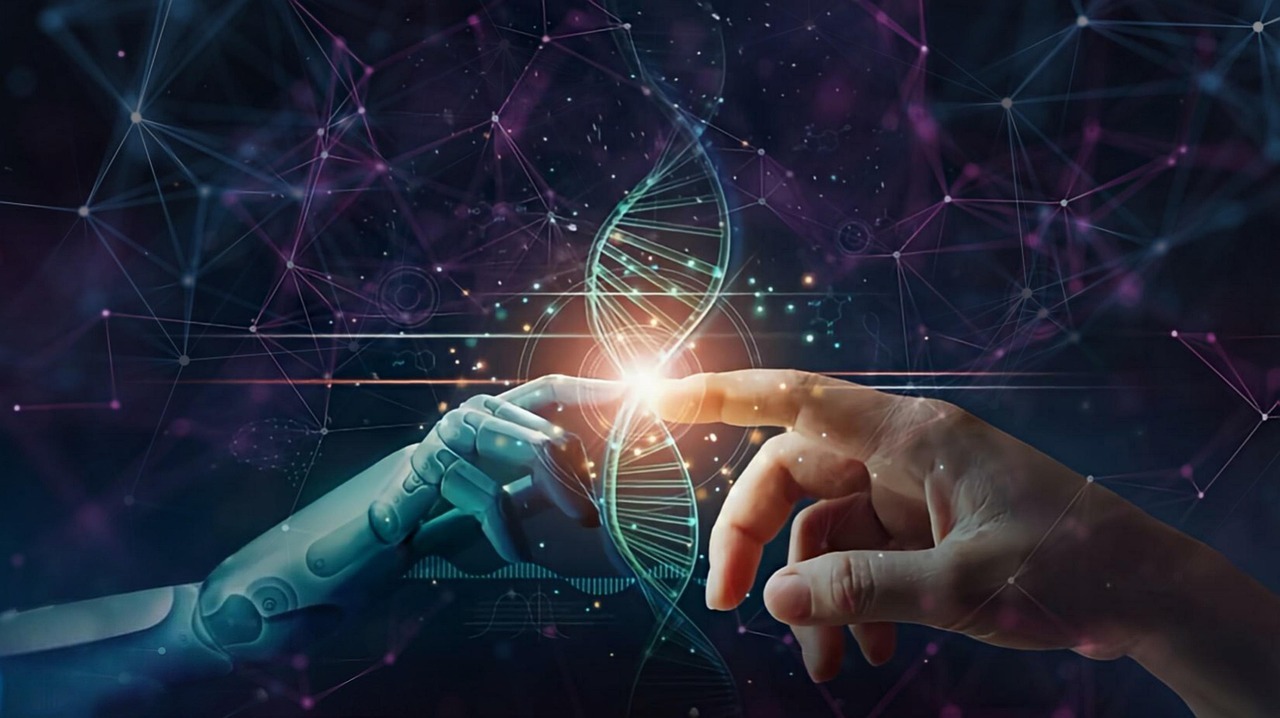AI is changing the gaming industry, but is it killing creativity in the process?
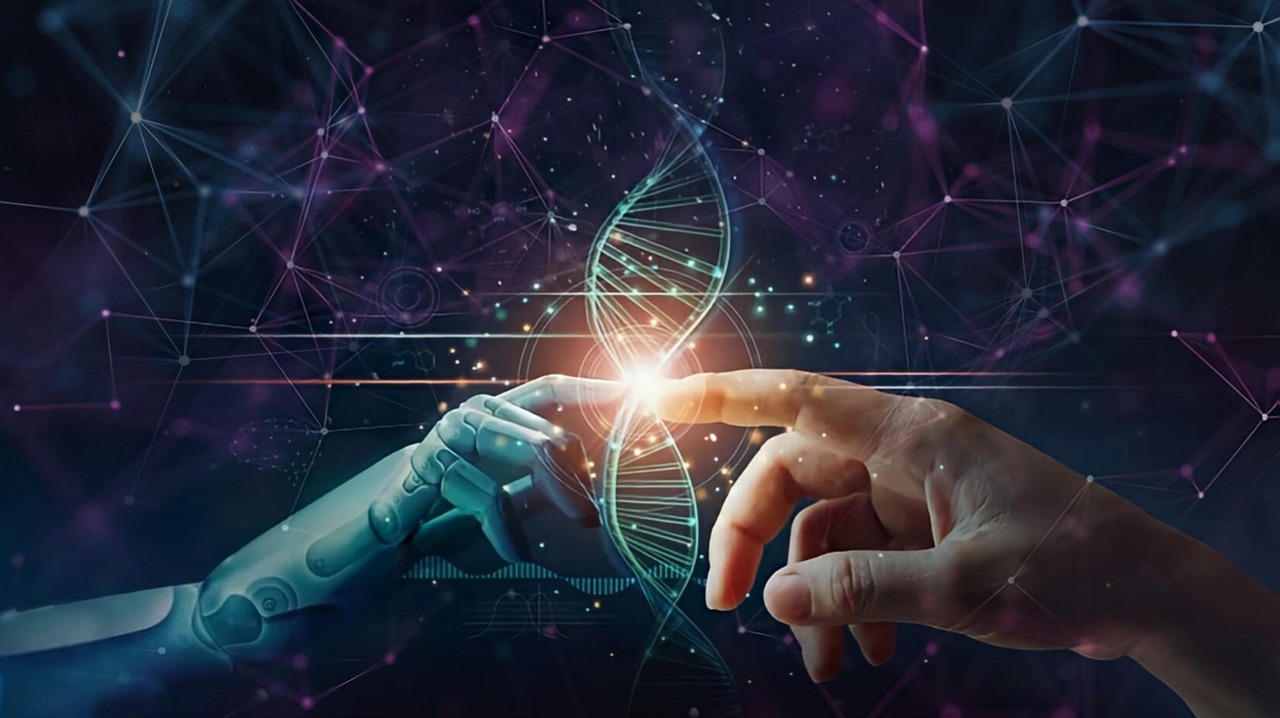
As AI continues to reshape the gaming industry, many developers are raising concerns about the impact on creativity, jobs, and even the environment, questioning whether the rush for efficiency is worth the cost.
The Growing Threat Of AI In Game Development
Artificial intelligence is quickly becoming a major force in the gaming industry, promising faster production and reduced costs, but at what price?
Tools like Microsoft’s Muse claim to speed up the creation of gameplay scenarios and automate level design, making it easier for studios to pump out games at a rapid pace.
But this efficiency comes at a cost, potentially overshadowing the human creativity that makes games memorable.
The environmental impact is also a major concern, as these powerful AI systems rely on energy-hungry server farms that contribute to the tech industry’s growing carbon footprint.
AI's Impact On Jobs And Creativity
One of the most alarming effects of AI in game development is its potential to replace human jobs. Major companies like Tencent have already embraced AI to cut costs and speed up production, reducing the need for human writers, artists, and designers.
This push for efficiency can result in a less diverse gaming landscape, where unique, handcrafted experiences are overshadowed by algorithm-driven, mass-produced titles.
The Overwatch team just Unionized and one of the primary reasons was the fact Blizzard wanted to implement AI into Overwatch. Incredibly based. https://t.co/W3fh357Xb3 pic.twitter.com/ufGrG2uctx
— ismael (@ismayelalt3) May 9, 2025
Activision Blizzard, one of the world's largest game publishers, has increasingly turned to AI tools in recent years to cut costs and speed up production times.
This shift has led to the replacement of many creative jobs, like concept art and level design, with automated processes. The company is known for major franchises like Call of Duty, World of Warcraft, Diablo, Overwatch, and Hearthstone.
""A lot of 2D artists were laid off," one anonymous Activision artist told the site. "Remaining concept artists were then forced to use AI to aid in their work." Activision employees were allegedly "made" to sign up for AI training."
The consequences of slop. pic.twitter.com/ku9dMFYgNv
The Ethical Dilemma
Then there’s the question of ethics. AI systems are only as good as the data they’re trained on, and that data often reflects the biases of the people who created it. This can lead to problematic character designs, tone-deaf storylines, or even unintentionally offensive content.
The Loss Of Artistic Vision
Games have always been more than just lines of code and game mechanics — they’re a form of art. They tell stories, evoke emotions, and create connections that go beyond the screen.
But if AI takes over, we risk losing this unique human touch. Instead of genuine, creative storytelling, we could end up with a wave of formulaic, predictable games, stripped of the personal perspectives and emotional depth that define the best titles.
And to make matters worse, the data centers needed to power these AI systems come with a heavy environmental cost, contributing to climate change.
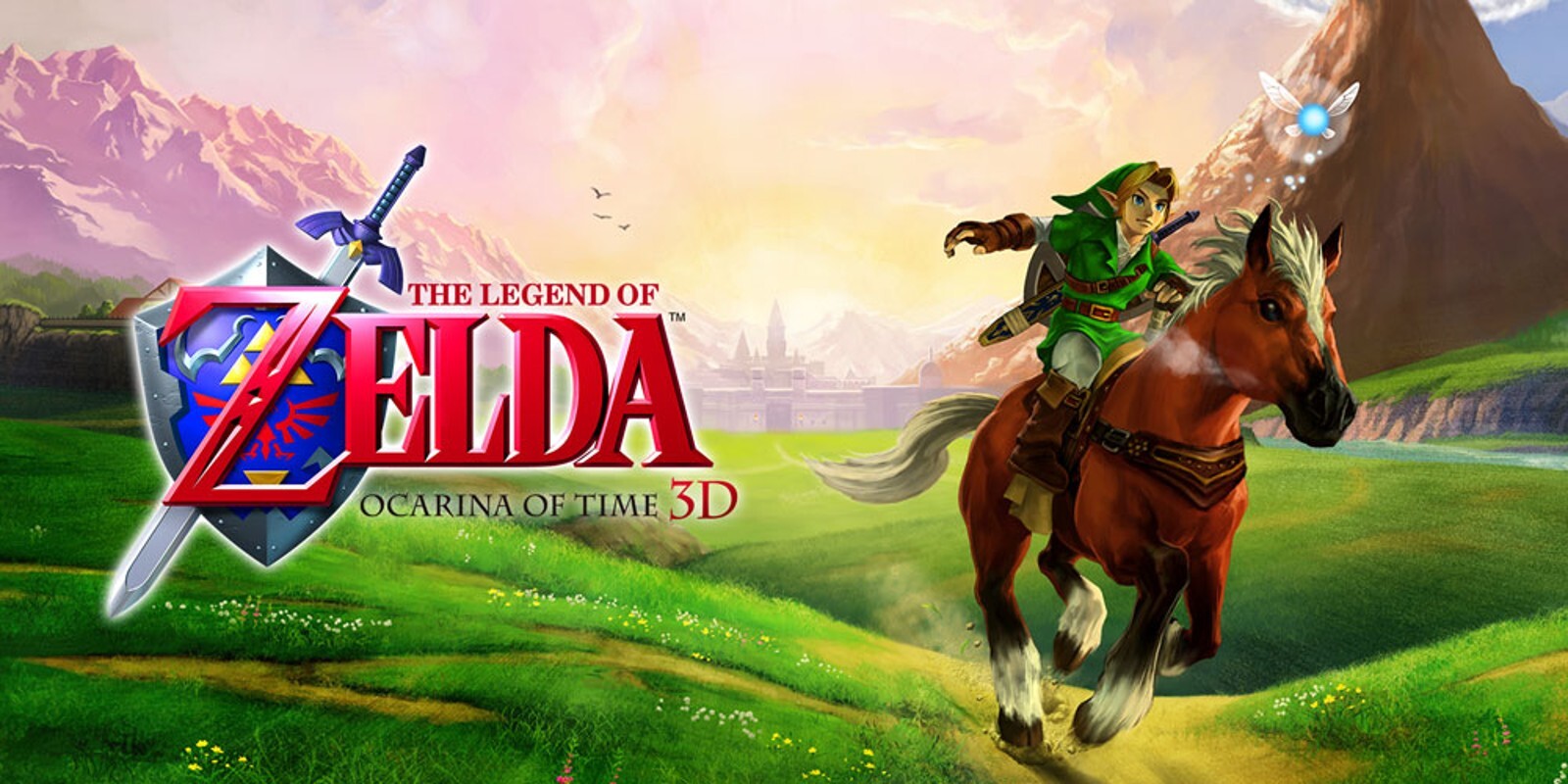
The Potential Upside Of AI In Gaming
Of course, it’s not all bad. AI can handle repetitive tasks, like NPC behavior, to free up developers to focus on the creative aspects of game design.
It can also make games more immersive by creating smarter, more realistic enemies and dynamic game worlds that respond to player choices. For smaller studios, AI tools can level the playing field, offering them the ability to create complex, high-quality games without massive budgets.
When used responsibly, AI can enhance the gaming experience rather than replace it, adding layers of complexity and personalization that might be impossible for human teams alone.
Conclusion: A Critical Moment For Game Development
As the gaming industry rushes into an AI-driven future, it faces a crucial decision: chase short-term efficiency or invest in the human creativity that has always defined gaming?
Games are personal, artistic expressions that capture the imagination and emotions of their creators. No algorithm can replicate the passion, intuition, and unique perspectives that make the best games stand out.
What do you think?




